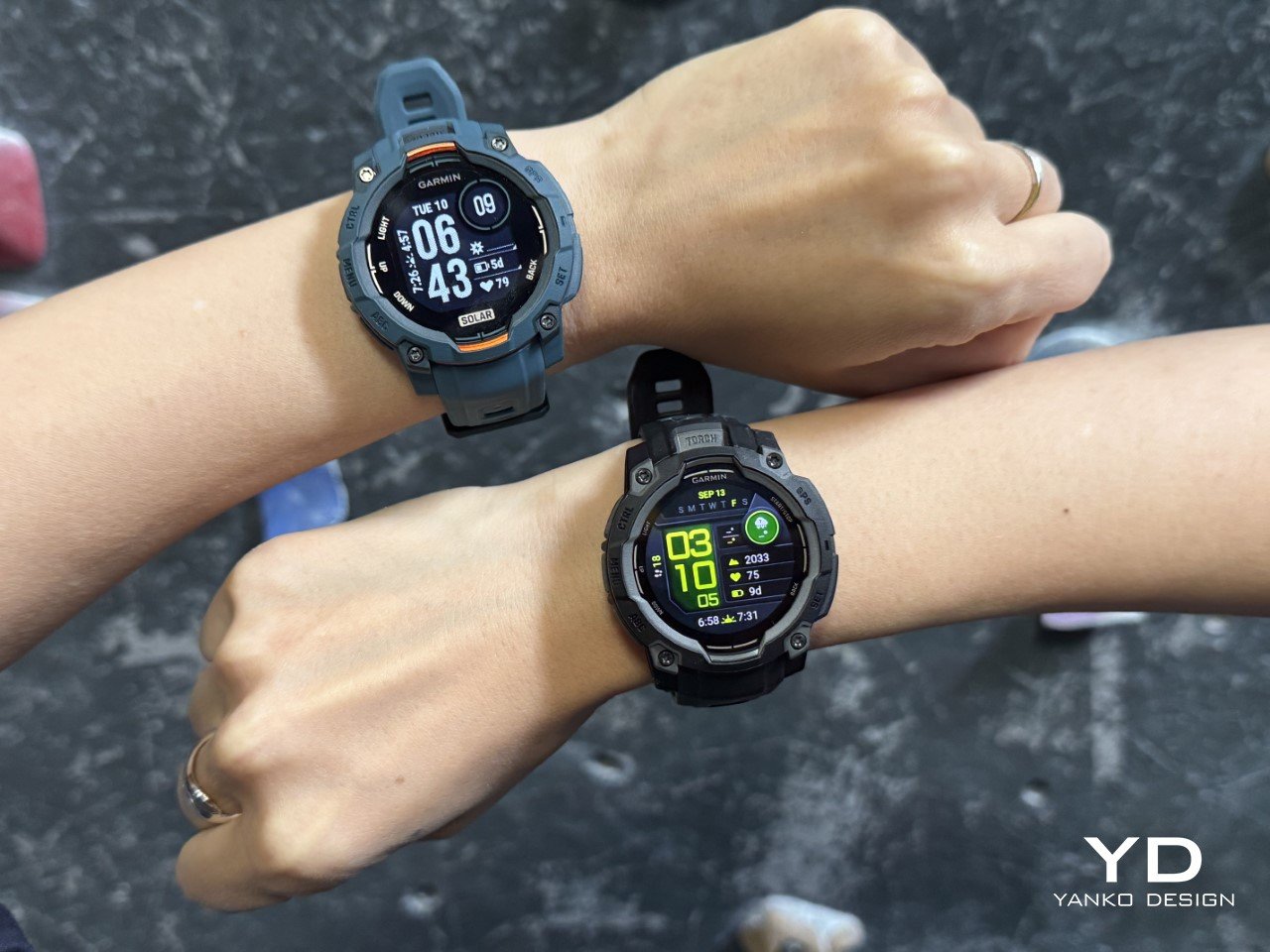Representational image
I’ve lost count of how many times I’ve stared at my smartwatch’s notification telling me to “drink water” while I’m in the middle of a Zoom call or stuck on a crowded subway. These reminders are about as useful as your mom texting “drive safe” after you’ve already arrived at your destination. The fundamental problem with current hydration tracking is that it’s not tracking at all – it’s just nagging on a schedule, completely divorced from your body’s actual needs.
That’s why Garmin’s latest patent filing has me genuinely excited about the future of wearable health tech. The company is developing technology that could measure your actual hematocrit levels, the proportion of red blood cells in your blood, which rises when you’re dehydrated due to decreased plasma volume. This isn’t another algorithm making educated guesses based on your heart rate or the weather; it’s a genuine physiological measurement that could tell you you’re dehydrated before you even feel thirsty. For tech enthusiasts and fitness buffs alike, this represents one of those rare moments when wearable technology makes a legitimate leap forward rather than just adding another colorway or marginally faster processor.
Designer: Garmin
Representational image
The technology works through a clever application of optical sensors using specific wavelengths of light (850 nm and 1,000 nm) that can penetrate the skin and analyze blood composition. When you’re dehydrated, your blood plasma volume decreases while red blood cell concentration increases – a measurable change that these sensors can detect. Current smartwatches already use similar optical technology for heart rate and blood oxygen readings, but Garmin’s patent extends this capability to something previously unavailable outside medical settings. The brilliance lies in its simplicity: no new invasive sensors, just smarter use of similar hardware with specialized wavelengths and algorithms.
For endurance athletes, this could be revolutionary. Imagine running a marathon and receiving an alert that your hematocrit levels are rising, before performance starts to suffer. Elite athletes often maintain surprisingly steady heart rates during intense activity, making traditional hydration estimates based on heart rate largely ineffective. Cyclists doing a century ride or ultramarathoners pushing through desert terrain would have real-time data on their actual physiological state, not just guesswork. The technology could even help detect the early stages of heat exhaustion before it becomes dangerous.
But let’s be honest – this matters for regular humans too. Studies consistently show that approximately 75% of Americans are chronically dehydrated, despite carrying water bottles everywhere and owning smartwatches that nag them hourly. I’ve personally ignored countless “drink water” notifications while sitting next to a full water bottle. The problem isn’t reminders; it’s meaningful data. A watch that can tell me “Your body is 4% dehydrated right now” carries infinitely more weight than a generic timer. That way, nobody’s playing guesswork.
The patent doesn’t guarantee this feature will appear in the next Garmin release, but it signals the direction wearable health tech is heading. We’re moving beyond simple activity tracking toward devices that understand our physiology in increasingly sophisticated ways. When your watch finally knows more about your hydration needs than you do, that’s a genuine advancement in preventative health technology. And for someone who regularly powers through workdays forgetting to drink anything but chai, that might be the feature that finally makes me pay attention.
The post Garmin patents a sensor that can detect dehydration levels and remind you to drink water first appeared on Yanko Design.

